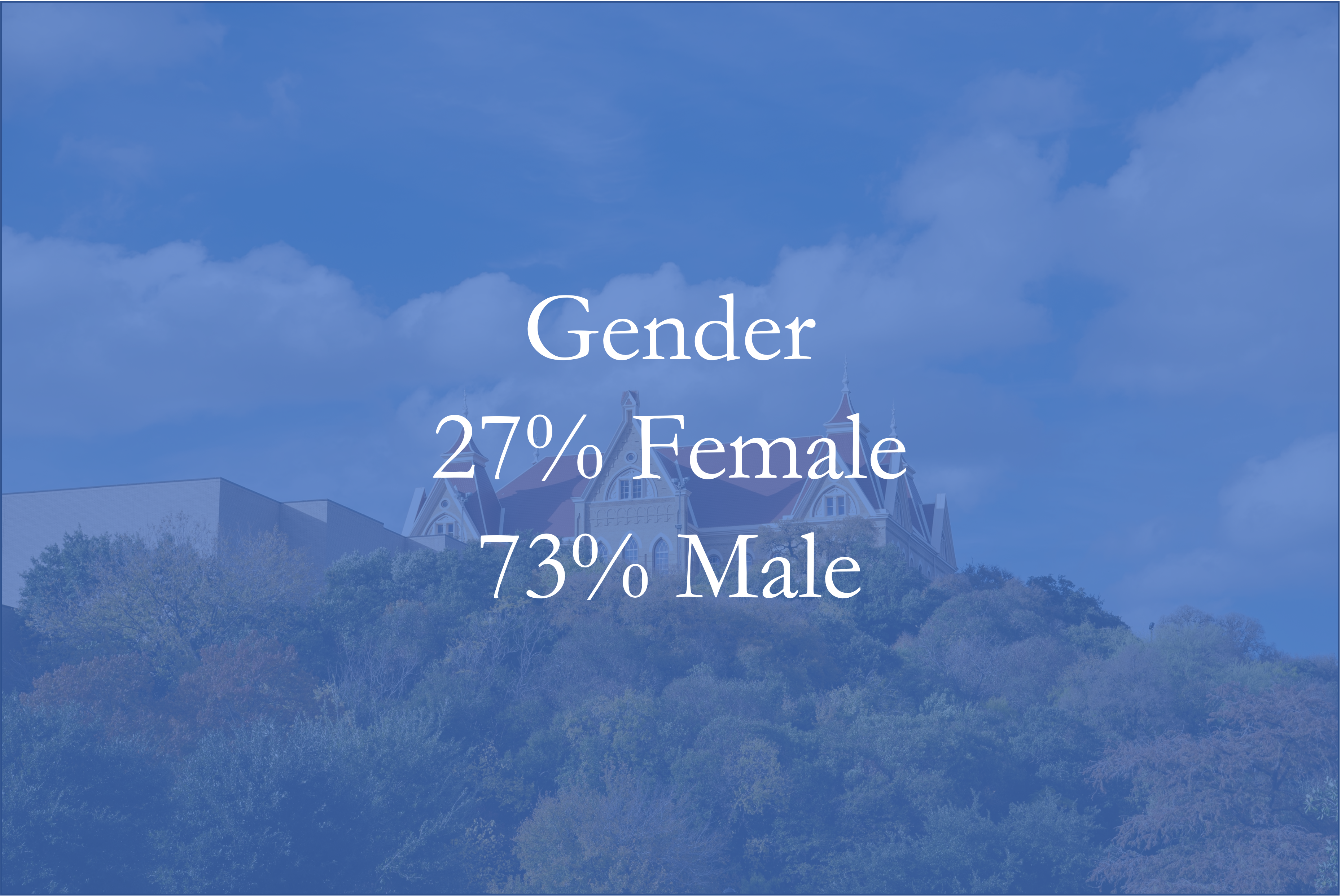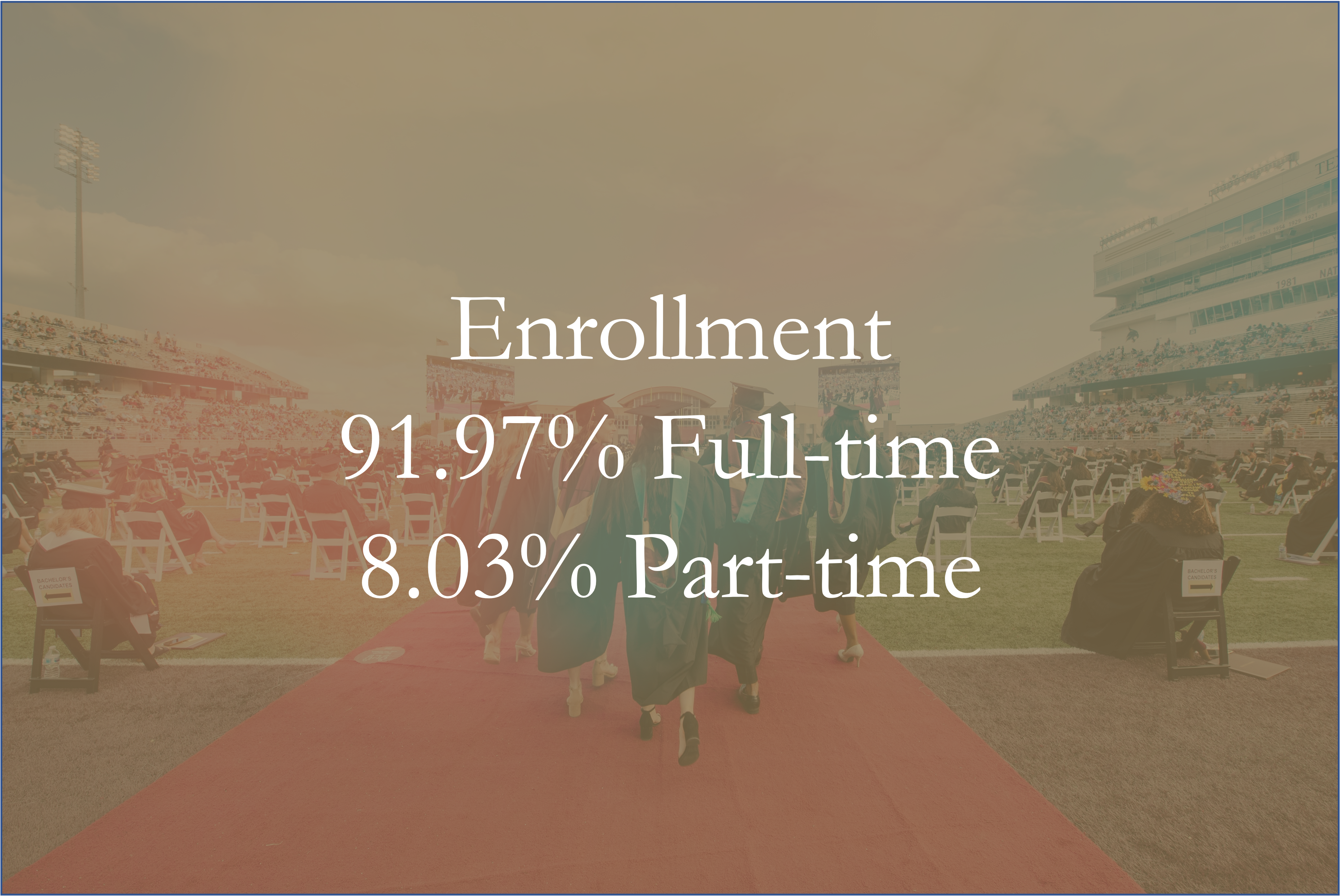Didn't find what you were looking for?
Need more details about our industrial engineering degree?
Send us your questions here!
- Institute of Industrial and Systems Engineers (IISE)
With an Industrial Engineering degree, you unlock your full earning potential by applying innovative, data-driven solutions for complex problems. Industrial engineers design and improve systems to optimize productivity and improve workers’ environments across various industries, such as manufacturing, healthcare, transportation, and sustainability businesses. They focus on streamlining processes, reducing wasteful activities, improving quality/reliability, evaluating performance, redesigning workstations, and managing resources to enhance overall operations and profitability.
Industrial engineers (IEs) use engineering and human factors knowledge, data science, mathematical models, computers, and systems thinking to solve complex problems that may impact workers, machines, materials, information, energy, or other resources. To develop and implement their designs, they apply industrial engineering and management methodologies based on the scientific method, such as Plan-Do-Check-Act (PDCA) and Define-Measure-Analyze-Improve-Control (DMAIC).
IEs need to have a background in diverse fields. With that in mind, the four-year curriculum at Texas State includes courses from the following areas:
The Industrial Engineering (B.S.) program is accredited by the Engineering Accreditation Commission of ABET, www.abet.org, under the General Criteria and Program Criteria for Industrial and Similarly Named Engineering Programs.
within the Ingram School of Engineering attending our program during the Fall 2025 semester!
According to the U.S. Bureau of Labor Statistics, the median annual wage for industrial engineers was $101,140 in May 2024
Faster growth than the average for all occupations.
As an industrial engineering (IE) graduate, you will the have flexibility to get a variety of technical or managerial job opportunities in fields such as:
Career opportunities such as:
Career opportunities such as:
Career opportunities such as:
Optimizing processes, systems, and resources to enhance efficiency and productivity, designing layouts, and improving workflow. Also, implementing and managing quality engineering methods and systems to improve the quality and reliability of processes, products and services.
Career opportunities such as:
Analyzing information or ensuring that the systems managing information work efficiently and safely.
Career opportunities such as:
Analyzing data, evaluating performance metrics, and implementing strategies to enhance organizational efficiency, profitability and quality.
Career opportunities such as:
Career opportunities such as:
Optimizing patient flow, reducing waiting times, and improving the quality of healthcare delivery systems.
Career opportunities such as:
Optimizing the daily operations of large transmission and distribution networks integrated with renewable energy systems. Also, designing and operating electric vehicle charging networks for zero carbon emissions.
Career opportunities such as:
Ensuring the correct and efficient movement of goods and services from production to distribution.
Career opportunities such as:
An Industrial Engineering degree accelerates your foundation for a flexible career in business and engineering and is an optimized path to future global leadership.
Many current or former CEOs in the world have an IE background (e.g., Tim Cook, Mike Duke).


